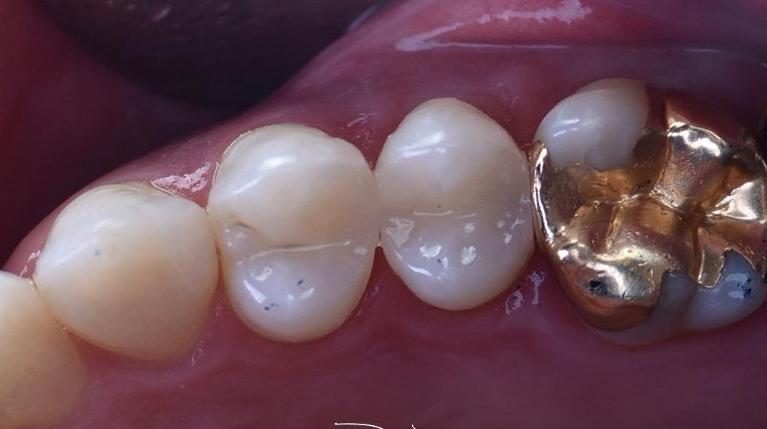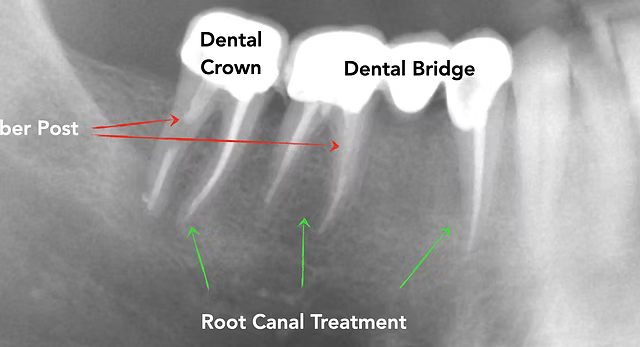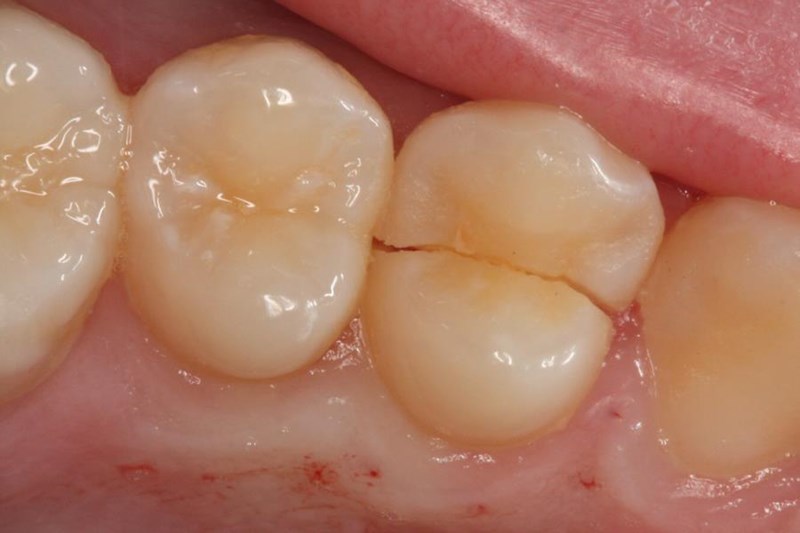Properly aligned teeth not only give you a beautiful smile, but they can significantly improve your overall dental health.
(416) 481-7887One of the most common questions people have is: “Do I actually need a crown?”
Dental crowns are one of the most routine restorative dental treatments yet they’re also one of the most misunderstood. Many people think crowns are only needed when a tooth is painful… but in reality, MOST teeth that require a crown don’t hurt at all.
So how do you know when a crown is truly necessary?
Let’s break it down clearly.
A dental crown is a protective “cap” that goes over your tooth to restore strength, protect it from breaking, and improve its function.
It’s like giving your tooth a helmet.
1. Your cavity or filling is very large
When more than half the tooth is filling, that tooth becomes fragile and more prone to cracking.

2. You’ve had a root canal
Root canal teeth lose internal moisture and become brittle over time. Crowning after root canal helps prevent the tooth from snapping later.

3. Your tooth has a crack or fracture
If you bite down and get a sharp “zing” pain — that may be a cracked tooth. Crowns help stop cracks from spreading deeper.

4. You grind or clench your teeth
Grinding (bruxism) wears enamel down. Crowns can rebuild bite height and protect the tooth.
5. Your tooth chipped, broke, or a chunk fell off
Small chips can be patched.
Large breakages usually need a crown.
6. Your fillings keep failing
If a filling keeps needing to be repaired or replaced — that’s a sign the tooth structure is compromised. A crown is more stable long-term.
7. You want to improve the look of that tooth
Crowns can be cosmetic too — especially if a tooth is discoloured, uneven, or has old dark fillings.
Does Needing a Crown Mean My Tooth is Dying?
No — crowns are usually recommended to prevent tooth loss.
Crowns help protect the natural tooth so you don’t end up needing an extraction, implant, or bridge later.
For most patients, a crown is actually a preventative procedure — not an emergency treatment.
How Long Does a Crown Last?
On average:
10–15 years — sometimes much longer with good home care and regular cleanings.
Final Takeaway
You may need a crown if:
If you’re unsure, the best thing you can do is schedule an exam and x-ray so we can show you exactly what’s happening and why a crown might be recommended.